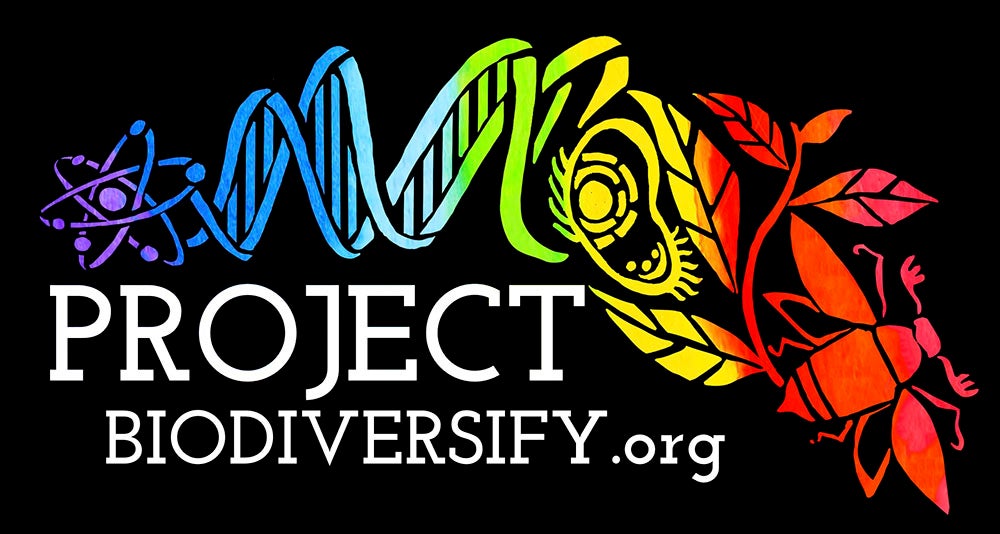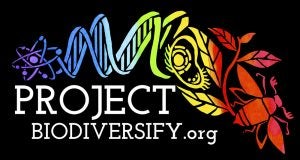From Small Pond Science
We contain multitudes. Our courses should reflect this.
We contain multitudes. Like an ecological niche, a person’s identity is composed of infinite dimensions that make up a person or group’s collective identity space (Figure 1). However, in science – a discipline that has historically valued objective and unbiased contributors – students and researchers often find it difficult to freely express their identities. Being open and valued because of our identities enhances social justice, makes us more productive, and leads to innovation. Yet, because science is embedded in a biased society, our scientific community is often unwelcoming to people from many backgrounds. Women, people of color, the LGBTQIA+ community, and likely many other groups (that we lack data for) are marginalized or underrepresented relative to their global populations.
Who is doing science goes on to influence the research questions that are pursued and how results are framed. This affects whether marginalized and underrepresented students find science relevant to themselves, which also influences recruitment and retention. For example, biology has been weaponized against marginalized groups throughout history and, in many cases, still is today. Students that see these harmful biases may be alienated from pursuing a career in biology or doing research that is inclusive to their identity. This perpetuates the stereotype of who scientists are and what kind of work they can do, thus contributing to a cycle of exclusion.



